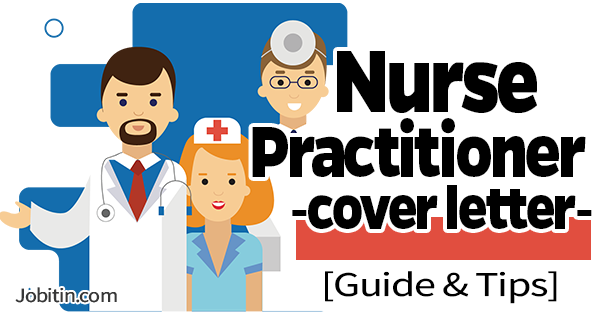What are Cover Letters and Why are they Important?
A cover letter is your first impression to potential employers. A cover letter is a beneficial tool that is included with your resume to introduce yourself. A cover letter is used to explain information listed on your resume. This tool can be used to help employers understand the journey you embarked on to accomplish your career goals (college, training etc.). A Nurse Practitioner cover letter should be detailed and include personal information regarding your career/ training.
Carefully planning your cover letter will ensure you make a good first impression. Your cover letter has the ability to showcase your personality and character to potential employers. Writing a unique and original cover letter for each job you apply to will enable you to stand out to potential employers. Your goal is to make your application as memorable as possible. Cover letters should be organized and cohesive.
Preparing a Nurse Practitioner Cover Letter
A cover letter as a Nurse Practitioner should focus on a few main elements. You want to outline your strong qualities, education, training, skills and work experience. This is how you properly introduce yourself and the unique traits you have to offer. Below is an example of a Nurse Practitioner cover letter.
Dear Mr. Smith,
After accumulating over 5 years of outstanding patient care, it is my pleasure to offer my resume for this position. I believe my unique skill set and formal education will be a benefit to your practice and enhance the medical staff.
My main strength as a Nurse Practitioner is my patient care. I believe I am a compassionate, thoughtful and experienced nurse that has developed important skills. I have worked in a variety of high-intensity environments such as pediatrics, internal medicine as well as acute patient care. I have worked under various physicians and learned how to diagnose and treat conditions. Caring for patients and educating their family members has become one of my strong suits.
During the course of my career and training I have…
-Excelled in medical administration, testing, patient care and patient support.
-Treated up to 30 patients within a 12-hour shift with a range of ailments such as rashes, fevers and sore throats.
-Worked with high-performance nurse teams and maintained excellent commutation and elements of leadership.
-Maintained positive and professional relationships with my co-workers and managing staff.
-Completed my Master’s Degree in Nursing.
-Completed my training as a Registered Nurse.
I believe with the knowledge I have developed over the course of 9 years, I am well-suited for this position. I look forward to the opportunity to discuss my credentials and strengths to enhance your nursing team. Thank you for your time.
Sincerely,
Jane Jones
Tips for Composing a Cover Letter
-
Create a Memorable Introduction
Your cover letter should always feature a memorable introduction that summarizes what you stand for in a few sentences. The first paragraph is what your potential employer will read upon opening your cover letter. For this reason, the introduction should be powerful, yet professional. It should showcase your character as a nurse and what you can offer in this role.
-
Mention Specific/ Organized Examples
It is important to mention specific details about your role as a nurse. For example, include information about the patients you have cared for and the type of shifts you have worked. This will give your potential employer insight into how you deal with hectic schedules and treat patients. Specific and organized examples allow you to convey the most important information to your potential employer. Highlighting your most defining moments will allow you to capture their attention without including mundane specifics about your career.
-
Conclusion and Concise Call to Action
Your conclusion should summarize why you believe you are the best fit for this position. You should include a concise “call to action.” For example, by stating “I look forward to discussing my credentials and strengths with you,” you are preparing your potential employer for your interview. Your call to action should not be aggressive or demanding, rather lightly guided. You should always thank them for their time/ consideration. Finish off your cover letter with a respectful closing statement such as “sincerely,” and include your name,

